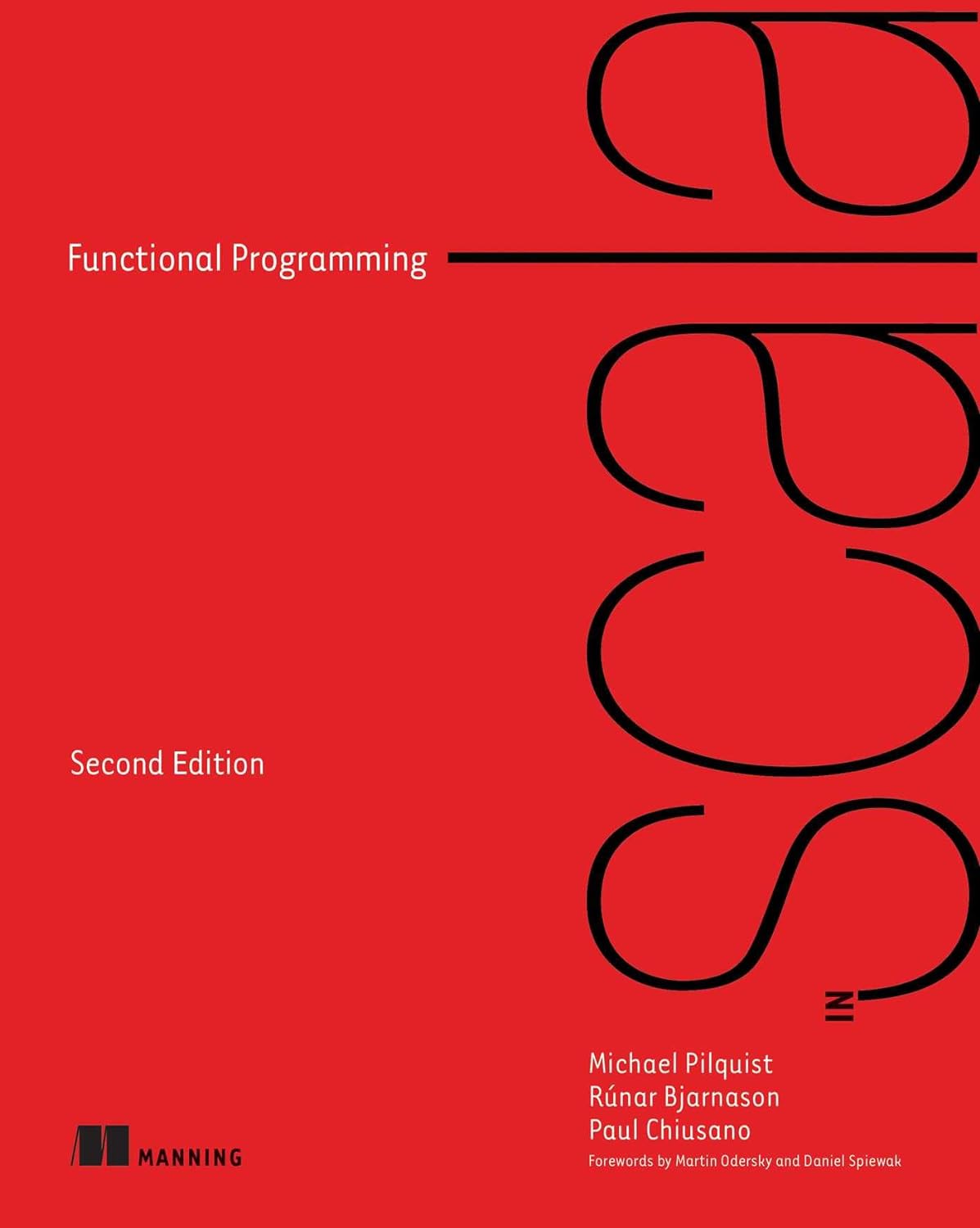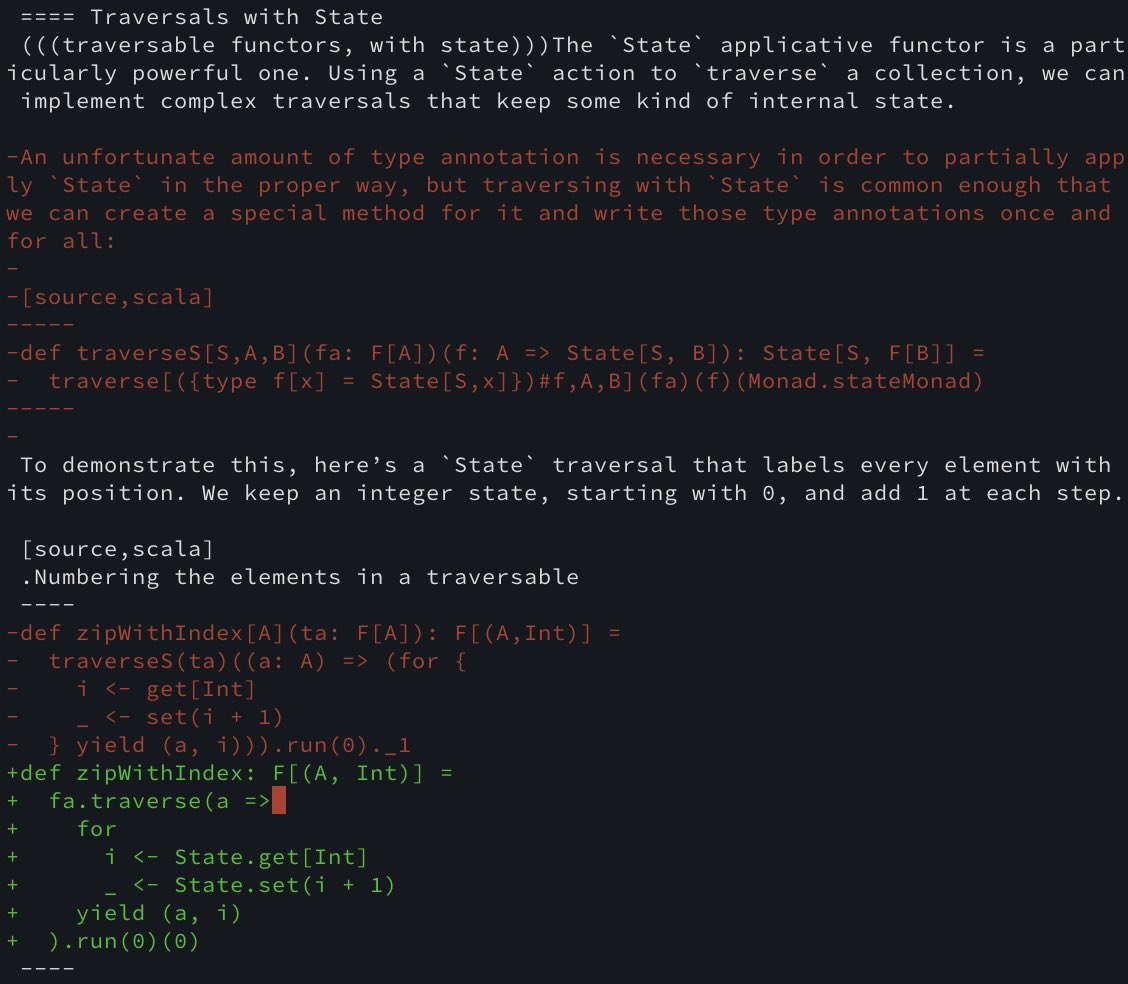chapter1.adoc | 258 +++++++-----
chapter2.adoc | 543 +++++++++++++++---------
chapter3.adoc | 1112 ++++++++++++++++++++++++++++++++++++------------
chapter4.adoc | 893 +++++++++++++++++++++++++++++----------
chapter5.adoc | 767 +++++++++++++++++++++++++--------
chapter6.adoc | 756 ++++++++++++++++++++++++---------
chapter7.adoc | 1095 ++++++++++++++++++++++++++++++-----------------
chapter8.adoc | 1279 ++++++++++++++++++++++++++++++++++++++++---------------
chapter9.adoc | 1369 ++++++++++++++++++++++++++++++++++++++++++-----------------
chapter10.adoc | 1085 +++++++++++++++++++++++++++++++++++++++--------
chapter11.adoc | 1174 +++++++++++++++++++++++++++++++++++++++------------
chapter12.adoc | 1635 ++++++++++++++++++++++++++++++++++++++++++++++++++++------------------
chapter13.adoc | 1493 +++++++++++++++++++++++++++++++++++++++++++---------------------
chapter14.adoc | 620 +++++++++++++++------------
chapter15.adoc | 1921 ++++++++++++++++++++++++++++++++++++++++++++++++++++++++---------------------------Functional Programming in Scala in 2023

Type Classes
package leopards
trait Semigroup[A]:
def combine(x: A, y: A): A
trait Monoid[A] extends Semigroup[A]:
def empty: Apackage leopards
trait Semigroup[A]:
def combine(x: A, y: A): A
extension (x: A)
inline def |+|(y: A): A = combine(x, y) (1)
trait Monoid[A] extends Semigroup[A]:
def empty: A| 1 | Guilt-free operators |
package leopards
given intAdditionMonoid: Monoid[Int] with
def combine(x: Int, y: Int) = x + y
def empty = 0scala> import leopards.given
scala> 1 |+| 2
val res0: Int = 3package leopards
given optionMonoid[A: Semigroup]: Monoid[Option[A]] with
def empty = None
def combine(x: Option[A], y: Option[A]) =
x match
case None => y
case Some(xx) =>
y match
case None => x
case Some(yy) => Some(xx |+| yy)scala> import leopards.given
scala> Option(1) |+| Option(2)
val res0: Option[Int] = Some(3)package leopards
given optionMonoid[A](using $sa: Semigroup[A]): Monoid[Option[A]] with
def empty = None
def combine(x: Option[A], y: Option[A]) =
x match
case None => y
case Some(xx) =>
y match
case None => x
case Some(yy) => Some($sa.combine(xx, yy))scala> import leopards.given
scala> Option(1) |+| Option(2)
val res0: Option[Int] = Some(3)package leopards
given mapMonoid[A, B: Semigroup]: Monoid[Map[A, B]] with
val empty = Map.empty
def combine(x: Map[A, B], y: Map[A, B]) =
y.foldLeft(x):
case (acc, (k, v)) =>
acc.updatedWith(k)(_ |+| Some(v))package leopards
given mapMonoid[A, B](using $sb: Semigroup[B]): Monoid[Map[A, B]] with
val empty = Map.empty
def combine(x: Map[A, B], y: Map[A, B]) =
y.foldLeft(x):
case (acc, (k, v)) =>
acc.updatedWith(k)(ov2 =>
optionMonoid(using $sb).combine(ov2, Some(v)))package leopards
trait Monoid[A] extends Semigroup[A]:
def empty: A
extension [A](as: IterableOnce[A])
def combineAll(using m: Monoid[A]): A =
as.iterator.foldLeft(m.empty)(m.combine)
def foldMap[B](f: A => B)(using m: Monoid[B]): B =
as.iterator.foldLeft(m.empty)((acc, a) => acc |+| f(a))def bag[A](as: IterableOnce[A]): Map[A, Int] =
as.foldMap(a => Map(a -> 1))
scala> val charOccurs = bag("scala".toList)
val charOccurs: Map[Char, Int] = Map(s -> 1, c -> 1, a -> 2, l -> 1)def bag[A](as: IterableOnce[A]): Map[A, Int] =
as.foldMap(a => Map(a -> 1))(using mapMonoid[A, Int](using intAdditionMonoid))
scala> val charOccurs = bag("scala".toList)
val charOccurs: Map[Char, Int] = Map(s -> 1, c -> 1, a -> 2, l -> 1)Type Classes in Scala 2
import simulacrum._
@typeclass trait Semigroup[A] {
@op("|+|") def combine(x: A, y: A): A
}trait Semigroup[A] {
def combine(x: A, y: A): A
}
object Semigroup {
def apply[A](implicit instance: Semigroup[A]): Semigroup[A] = instance
trait Ops[A] {
def typeClassInstance: Semigroup[A]
def self: A
def |+|(y: A): A = typeClassInstance.combine(self, y)
}
trait ToSemigroupOps {
implicit def toSemigroupOps[A](target: A)(implicit tc: Semigroup[A]): Ops[A] = new Ops[A] {
val self = target
val typeClassInstance = tc
}
}
object nonInheritedOps extends ToSemigroupOps
trait AllOps[A] extends Ops[A] {
def typeClassInstance: Semigroup[A]
}
object ops {
implicit def toAllSemigroupOps[A](target: A)(implicit tc: Semigroup[A]): AllOps[A] = new AllOps[A] {
val self = target
val typeClassInstance = tc
}
}
}Functors
package leopards
trait Functor[F[_]]:
extension [A](fa: F[A])
def map[B](f: A => B): F[B]
def as[B](b: B): F[B] = map(_ => b)
def void: F[Unit] = as(())
def lift[A, B](f: A => B): F[A] => F[B] =
_.map(f)package leopards
trait Applicative[F[_]] extends Functor[F]:
def pure[A](a: A): F[A]
extension [A](fa: F[A])
def map2[B, C](fb: F[B])(f: (A, B) => C): F[C]
override def map[B](f: A => B): F[B] =
map2(pure(()))((a, _) => f(a))package leopards
trait Monad[F[_]] extends Applicative[F]:
extension [A](fa: F[A])
def flatMap[B](f: A => F[B]): F[B]
override def map[B](f: A => B): F[B] =
flatMap(f andThen pure)
override def map2[B, C](fb: F[B])(f: (A, B) => C): F[C] =
fa.flatMap(a => fb.map(b => f(a, b)))package leopards
trait Foldable[F[_]]:
extension [A](fa: F[A])
def foldLeft[B](b: B)(f: (B, A) => B): B
def foldRight[B](b: B)(f: (A, B) => B): B
def foldMap[B](f: A => B)(using b: Monoid[B]): B =
foldRight(b.empty)((a, b) => f(a) |+| b)package leopards
trait Traverse[F[_]] extends Functor[F], Foldable[F]:
extension [A](fa: F[A])
def traverse[G[_], B](f: A => G[B])(using Applicative[G]): G[F[B]]
extension [G[_], A](fga: F[G[A]])
def sequence(using Applicative[G]): G[F[A]] = fga.traverse(identity)
FPiS ⇒ Scala 2
| Feature | Scala 2 | Scala 3 |
|---|---|---|
Type classes | Simulacrum | Built-in |
Type lambdas | Kind Projector | Built-in |
Arity & data polymorphism | Shapeless | Built-in |
Derivation | Shapeless | Built-in |
Partial unification (SI-2712) | -Ypartial-unification (2.11+) | Built-in |
Enumerations & ADTs | sealed trait hierarchies, Enumeratum et al | Built-in |
😱 Composition in Scalaz
val vname = validateName(name)
val vbday = validateBirthday(bday)
val vphone = validatePhone(phone)
val personInfo = (vname |@| vbday |@| vphone)(PersonInfo(_, _, _))DSL implemented with
ApplicativeBuilder{N}typesSupports composing up to 12 values
😱 Composition in Cats
val vname = validateName(name)
val vbday = validateBirthday(bday)
val vphone = validatePhone(phone)
val personInfo = (vname, vbday, vphone).mapN(PersonInfo(_, _, _))Replaces DSL with regular tuples
Syntax enrichments generated at build time (of cats-core) with a source generator
Supports composing up to 22 values
😱 Composition in Scala 3
trait Applicative[F[_]] extends Functor[F]:
def pure[A](a: A): F[A]
extension [A](fa: F[A]) def map2[B, C](fb: F[B])(f: (A, B) => C): F[C]
extension [T <: NonEmptyTuple](tuple: T)
def mapN[B](using Tuple.IsMappedBy[F][T])(f: Tuple.InverseMap[T, F] => B): F[B] =
t.tupled.map(f)
def tupled(using Tuple.IsMappedBy[F][T]): F[Tuple.InverseMap[T, F]] =
???😱 Composition in Scala 3
trait Applicative[F[_]] extends Functor[F]:
def pure[A](a: A): F[A]
extension [A](fa: F[A]) def map2[B, C](fb: F[B])(f: (A, B) => C): F[C]
extension [T <: NonEmptyTuple](tuple: T)
def mapN[B](using Tuple.IsMappedBy[F][T])(f: Tuple.InverseMap[T, F] => B): F[B] =
t.tupled.map(f)
def tupled(using Tuple.IsMappedBy[F][T]): F[Tuple.InverseMap[T, F]] =
def loop[X <: NonEmptyTuple](x: X): F[NonEmptyTuple] = x match
case (hd: F[a] @unchecked) *: EmptyTuple =>
hd.map(_ *: EmptyTuple)
case (hd: F[a] @unchecked) *: (tl: NonEmptyTuple) =>
val tail = loop(tl)
hd.map2(tail)(_ *: _)
loop(t).asInstanceOf[F[Tuple.InverseMap[T, F]]]Efficient but requires casting / type checks
😱 Composition in Scala 3
trait Applicative[F[_]] extends Functor[F]:
def pure[A](a: A): F[A]
extension [A](fa: F[A]) def map2[B, C](fb: F[B])(f: (A, B) => C): F[C]
extension [T <: NonEmptyTuple](tuple: T)
inline def mapN[B](using Tuple.IsMappedBy[F][T])(f: Tuple.InverseMap[T, F] => B): F[B] =
t.tupled.map(f)
inline def tupled(using m: Tuple.IsMappedBy[F][T]): F[Tuple.InverseMap[T, F]] =
tupledGeneric(m(t))
private case class IsMap[T <: Tuple](value: Tuple.Map[T, F])
private inline def tupledGeneric[X <: Tuple](x: Tuple.Map[X, F]): F[X] =
inline IsMap(x) match
case t: IsMap[h *: EmptyTuple] => t.value.head.map(_ *: EmptyTuple)
case t: IsMap[h *: t] =>
val head = t.value.head
val tail = tupledGeneric(t.value.tail)
head.map2(tail)(_ *: _)Type safe but runtime overhead
Courtesy of Daniel Beskin (@ncreep)
Transformers
Allow selection of a different functor
Often considered difficult to use
Introduce additional wrapping, which leads to concerns over performance
def fetchEmployee: IO[Option[Employee]] = ???
def fetchPayInfo: IO[Option[PayInfo]] = ???
def generatePayStub(employee: Employee, payInfo: PayInfo): PayStub = ???
val payStub: IO[Option[PayStub]] =
(fetchEmployee, fetchPayInfo).mapN(generatePayStub)[error] Found: PayStub
[error] Required: Option[PayStub]
[error] (fetchEmployee, fetchPayInfo).mapN(generatePayStub)
[error] ^^^^^^^^^^^^^^^package leopards
opaque type OptionT[F[_], A] = F[Option[A]]
object OptionT:
def apply[F[_], A](o: F[Option[A]]): OptionT[F, A] = o
extension [F[_], A](fa: OptionT[F, A])
def value: F[Option[A]] = fa
given [F[_]](using F: Monad[F]): Monad[[X] =>> OptionT[F, X]] with
def pure[A](a: A) = F.pure(Some(a))
extension [A](ota: OptionT[F, A])
def flatMap[B](f: A => OptionT[F, B]): OptionT[F, B] =
F.flatMap(ota)(oa => oa.fold(F.pure(None))(f))def fetchEmployee: IO[Option[Employee]] = ???
def fetchPayInfo: IO[Option[PayInfo]] = ???
def generatePayStub(employee: Employee, payInfo: PayInfo): PayStub = ???
val payStub: IO[Option[PayStub]] =
(OptionT(fetchEmployee), OptionT(fetchPayInfo))
.map(generatePayStub)
.valuepackage leopards
opaque type Kleisli[F[_], A, B] = A => F[B]
object Kleisli:
def apply[F[_], A, B](f: A => F[B]): Kleisli[F, A, B] = f
extension [F[_], A, B](k: Kleisli[F, A, B]) def apply(a: A): F[B] = k(a)
given [F[_], A](using F: Monad[F]): Monad[[X] =>> Kleisli[F, A, X]] with
def pure[B](b: B) = Kleisli(_ => F.pure(b))
extension [B](k: Kleisli[F, A, B])
def flatMap[C](f: B => Kleisli[F, A, C]) =
a => k(a).flatMap(b => f(b)(a))Derivation
//> using scala 3.3.1
//> using dep io.circe::circe-core:0.14.6
import io.circe.Codec, io.circe.syntax.*
case class Person(
firstName: String, lastName: String, age: Int) derives Codec.AsObject
val p = Person("Michael", "Pilquist", 43)
println(p.asJson)
// {
// "firstName" : "Michael",
// "lastName" : "Pilquist",
// "age" : 43
// }s/leopards/cats/
import cats.syntax.all.*vs.
import cats.givenTuckman Model of Functional Scala
Forming | Melting pot of styles; heavy influence from Haskell |
Storming | Typelevel founded; scalac forked; Cats founded; integration painful |
Norming | Cats, Cats Effect, & FS2 emerge as key infrastructure, enabling proliferation of interoperable libraries |
Performing | Industrial grade, performant, integrated infrastructure; cross-platform; focus on application development |
Headwinds
Improvements to Java & Kotlin
Loom
Coroutines
Records
Direct Style
"Just as the past eight years have brought about a sea change in the nature of the Scala ecosystem and the context in which we evaluate and employ functional techniques, so too will the coming eight years bring about evolution and innovation. Perhaps when it comes time to update this volume once again, names such as Cats Effect will seem as dated and ancestral as Scalaz seems to us today."
— Daniel Spiewak, Foreword to FPiS